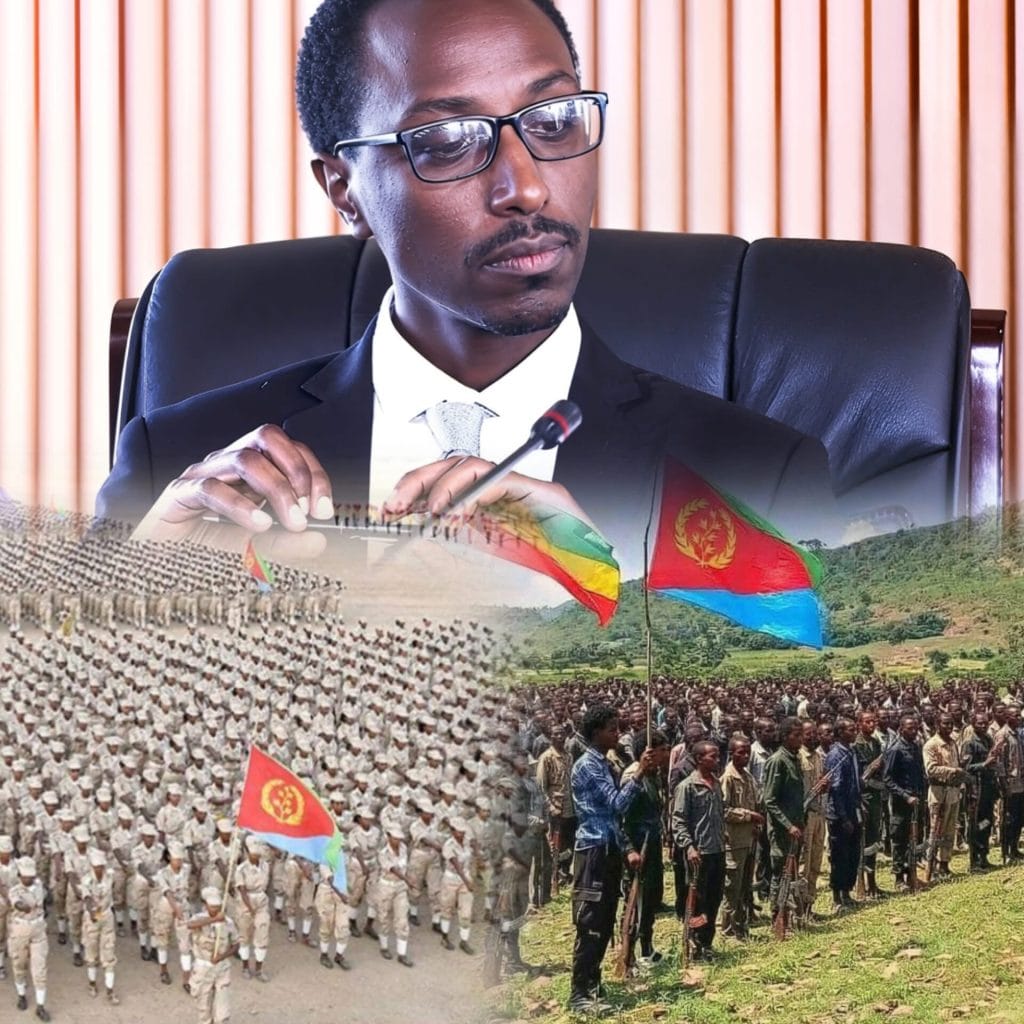Ethiopia’s government has accused Eritrea and the Tigray People’s Liberation Front (TPLF) of forging a new military alliance aimed at destabilizing the country, alleging that both sides were involved in a recent attack on Woldiya city in the Amhara region.
In a letter addressed to UN Secretary-General António Guterres, Ethiopian Foreign Minister Gedion Timothewos said the alliance—reportedly operating under the name “Tsimdo”—is part of a coordinated effort to “wage war against Ethiopia” through the mobilization of armed groups, including the Fano militia.
“The collusion between the Eritrean government and the hardline faction of the TPLF has become increasingly evident,” Gedion wrote, accusing the two of “funding, directing, and arming” local militias to expand the conflict.
According to the Ethiopian government, TPLF fighters allegedly took part in the recent offensive in Woldiya, while additional clashes were reported in Raya and Welkait. The ministry said such operations violate the 2022 Pretoria Peace Agreement, which formally ended the two-year conflict between federal forces and the TPLF.
Addis Ababa Warns of Limited Patience
Ethiopia’s Foreign Ministry said the Ethiopian National Defense Forces (ENDF) have remained in a defensive position and exercised restraint, but warned that the policy “cannot continue indefinitely” if attacks persist.
The statement described Eritrea as “the main instigator” of instability in northern Ethiopia, accusing Asmara of providing “financial, material, and political support” to armed groups seeking to undermine Ethiopia’s unity.
“Eritrea justifies its hostile actions as preemptive defense, but these are long-standing attempts to fragment Ethiopia under the guise of self-protection,” Gedion stated.
Dispute Over Access to the Sea
Tensions between Addis Ababa and Asmara have escalated in recent months, largely over Ethiopia’s renewed calls for access to the Red Sea. The Foreign Minister reiterated that Ethiopia’s ambition to secure a port is based on “peaceful negotiation and regional integration,” rejecting claims that it seeks to threaten Eritrea’s sovereignty.
“Ethiopia’s vision is shared prosperity through economic integration that benefits both countries while preserving their territorial integrity,” he said.
Appeal to the International Community
Gedion urged the UN and international partners to press Eritrea to halt what he described as “direct and indirect acts of hostility” and to encourage diplomatic engagement rather than confrontation.
“We remain ready for dialogue conducted in good faith,” he added, calling for international efforts to promote constructive cooperation on regional peace and maritime issues.
This marks the second formal complaint Ethiopia has filed in recent months. In July 2025, Addis Ababa sent a similar letter to the U.S. Secretary of State, accusing Eritrea of coordinating with TPLF factions and other armed groups to launch offensives during the rainy season.
Regional observers warn that the renewed accusations risk reigniting tensions in the Horn of Africa, where fragile post-war peace is already strained by overlapping conflicts and rival regional alliances.



